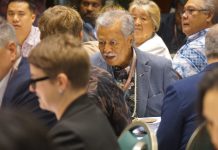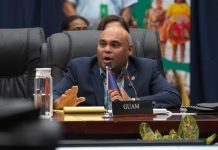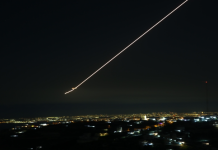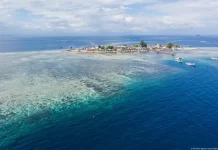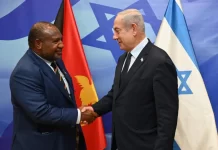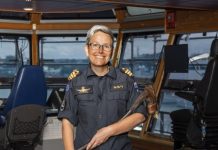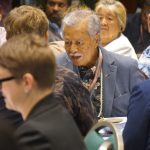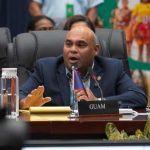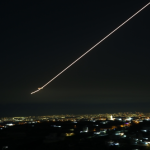Former guerrilla fighter and independence hero Xanana Gusmao is in prime position to win Timor-Leste’s parliamentary election, with more than half of the votes counted after Sunday’s poll.
South-east Asia’s youngest nation went to the polls on Sunday, with analysts’ predictions of a tight result largely coming to fruition.
On Monday afternoon, Gusmao’s party CNRT had polled just short of 40 percent of the vote, with counting continuing on Monday and into the week.
If there is no outright winner, Timor-Leste’s constitution gives the party with the most votes the first opportunity to form government through a coalition. On current trends, that means CNRT will need to form a coalition with one — or multiple — of the 16 other parties that contested the election.
CNRT did not sign a coalition deal prior to the election.
The incumbent ruling government — a coalition between Mari Alkatiri’s FRETILIN party, the People’s Liberation Party and Kmanek Haburas Unidade Nasional Timor Oan (KHNUTO) — had pledged to join forces again.
FRETILIN currently holds about 27 per cent of the vote and KHNUTO has just over 7 percent.
The 76-year-old Gusmao ran on a platform of economic advancement, pledging to develop the Greater Sunrise oil and gas fields, 450 kilometres north-west of Darwin.
Gusmao successfully negotiated a maritime border with Australia in 2018, securing between 70 and 80 percent of petroleum royalties for his country.
The deal was struck following allegations the Howard government spied on its young neighbour to gain an upper hand in earlier deals.
After voting on Sunday, FRETILIN candidate and Timorese resistance leader Dr Alkatiri told ABC he would seek to renegotiate the treaty Gusmao signed with Australia, if elected.
“This so-called maritime boundary with Australia, we need to change something, better for Timor-Leste,” he said on Sunday.
“Why 30 per cent for Australia if the pipeline comes to Timor-Leste? If it is 100 per cent in our boundaries, it doesn’t make sense.”
Dr Alkatiri said he’d already flagged his intentions with Steve Bracks, former Victorian premier and the Australian government’s special representative for Greater Sunrise negotiations.
Bracks was awarded an Order of Timor-Leste – the country’s highest honour – at a ceremony on Friday, ahead of the election.
“Australia will be open to the idea,” Dr Alkatiri said.
The Greater Sunrise project is seen as crucial for Timor-Leste, which faces a looming economic crisis as existing petroleum revenues decline.
Gusmao is determined to see the oil and gas processed in Timor-Leste — but he will need to convince Australian energy company and project partner Woodside Energy it is commercially and logistically viable.
Casting his vote in the mountain village of Dare on Sunday, Gusmao said he felt “confident” he would win a majority.
However, that looks unlikely — with CNRT’s vote falling well short o the 50 percent mark so far.
Speaking to the ABC on Sunday, President Jose Ramos-Horta — the country’s head of state — said he would ask the new government to prioritise addressing poverty.
“Over the next five years, extreme poverty has to be dramatically reduced. It is abominable that in a country like ours, we have so much malnutrition,” he said.
Timor-Leste has one of the world’s highest rates of childhood stunting due to poor nutrition.
Voters have also called for improvements to the health and education system.
Ramos-Horta said he would also suggest a “shortcut” to Timor-Leste’s accession to ASEAN — asking the parliament to grant blanket approval for the new government to sign all treaties and documents relating to ASEAN.
“If we go to the parliament, it could take forever, as it happened in the past with so many international agreements that sat in the parliament for years,” he said.
Joining the regional forum has been a long-held goal for Timor-Leste since the country re-gained independence in 2002.
It was granted provisional approval to join last year and r Ramos-Horta said he hoped Timor-Leste’s accession would be finalised by September.
SOURCE: ABC PACIFIC/PACNEWS


